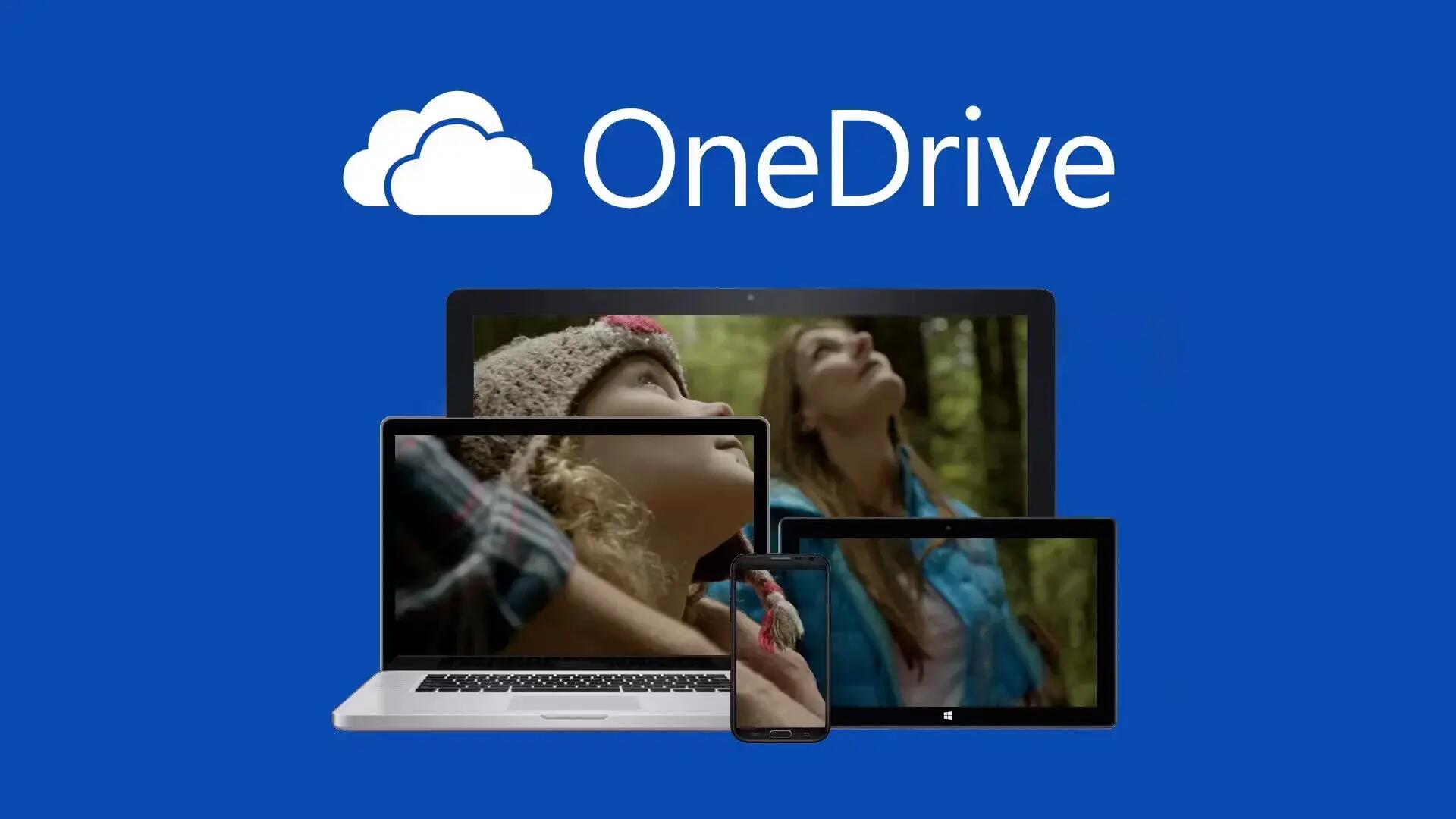Today, Microsoft has announced that it is making some radical and controversial changes to its OneDrive cloud storage service. Just over a year after it started offering unlimited OneDrive cloud storage for Office 365 subscribers, Microsoft is removing the option for both existing and new users.
The company claims that too many users were taking advantage of the unlimited space to store entire movie collections, hours of recorded video, and entire PC backups and were using up to 75 TB of cloud storage from a single account.
Since we started to roll out unlimited cloud storage to Office 365 consumer subscribers, a small number of users backed up numerous PCs and stored entire movie collections and DVR recordings. In some instances, this exceeded 75 TB per user or 14,000 times the average.
Instead of the unlimited storage, Microsoft announces a new 1 TB limit for all of its Office 365 Home, Personal, and University subscribers. It is not just former unlimited-tier customers that will be hit by Microsoft’s latest changes. The amount of storage offered with the free tier of OneDrive is also being dramatically lessened from 15 GB to 5 GB. That applies to both new and existing users, and will take effect in early 2016.
These are the changes prescribed by Microsoft:
- We’re no longer planning to offer unlimited storage to Office 365 Home, Personal, or University subscribers. Starting now, those subscriptions will include 1 TB of OneDrive storage.
- 100 GB and 200 GB paid plans are going away as an option for new users and will be replaced with a 50 GB plan for $1.99 per month in early 2016.
- Free OneDrive storage will decrease from 15 GB to 5 GB for all users, current and new. The 15 GB camera roll storage bonus will also be discontinued. These changes will start rolling out in early 2016.
Office 365 subscribers with more than 1 TB of files currently stored on OneDrive will at least get a year to move their photos, videos, and documents, and if you are only subscribed to Microsoft’s productivity suite for the bottomless storage it previously offered, Microsoft will offer you a pro-rated refund on your subscription. So too will people who signed up for a OneDrive account simply for the free 15 GB of storage be given 12 months at the higher limit, while those who signed up for the 100 GB and 200 GB plans before they were spiked will get to keep their existing deals.
- If you are an Office 365 consumer subscriber and have stored in excess of 1 TB, you will be notified of this change and will be able to keep your increased storage for at least 12 months.
- If you are an Office 365 consumer subscriber and find that Office 365 no longer meets your needs, a pro-rated refund will be given.
- If you are using more than 5 GB of free storage, you will continue to have access to all files for at least 12 months after these changes go into effect in early 2016. In addition, you can redeem a free one-year Office 365 – Personal subscription (credit card required), which includes 1 TB of OneDrive storage.
- Current customers of standalone OneDrive storage plans (such as a 100 or 200 GB plans) are not affected by these changes.
Microsoft has additional information regarding the changes that can be found in the FAQ page here. A 1 TB of storage is still more than sufficient for people who simply want a place to upload their photos, but the removal of the unlimited tier takes away a key selling point that Microsoft had over Google and Dropbox, key rivals in the cloud storage market.
Perhaps more damaging in the long term for OneDrive will be the elimination of the 15 GB it offered for free as standard. By only offering 5 GB for new users, OneDrive loses an important differentiator in the crowded field, especially when, despite attempts to make the service easier to use, other competitors still offer better ways to actually manage your uploaded files.
Source: OneDrive Blog
